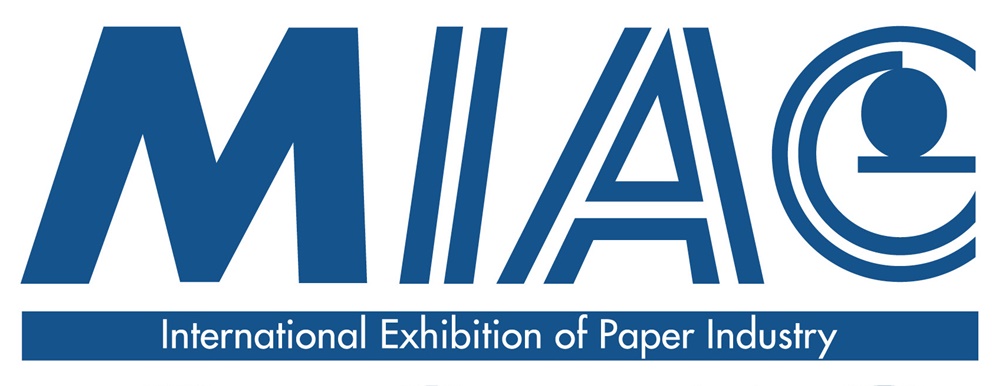NEWS
ETS falls short of expectations
The Juncker Commission launched the largest industrial policy decision it will take in its entire mandate, with the new proposal for the EU Emission Trading System. The proposal has a number of good elements but falls short in its protection of energy intensive industries. Member states hold the key to the solution.
In October 2014 the European Council recognised that measures to protect energy intensive industry from carbon leakage should be maintained when revising the EU ETS. The Council concluded the most efficient installations in sectors such as the pulp and paper industry should not face undue carbon costs that would impact their global competitiveness.
Member states however added expectations on the revenues they want from the EU ETS. Today’s proposal therefore fixes the share of auctioning vs. the share of free allocation. “The proposal shows the member states cannot have their cake and eat it. If policy makers in Brussels and the member states are serious on growths and jobs, the fixed share of free allocation should be changed to really protect industry as agreed by the Heads of State”, said Marco Mensink, CEPI Director General.
CEPI does appreciate the focus on low carbon investments and support for technology and innovation in the new proposal. The use of more accurate production data is good, even though the proposal could be more ambitious. CEPI also believes the linear reduction of the benchmarks used for free allocation is reasonable and improves predictability.
The proposal does however not solve the lack of free allocation for Combined Heat and Power Plants in Europe, which has been an additional factor in closing down very carbon efficient gas-fired energy plants in Europe. The pulp and paper industry is a leading CHP sector, producing over 50% of its electricity consumption by itself.
Finally, the proposal strengthens the focus of member states on compensation for higher electricity costs to industry, but does not lead to a harmonised EU approach, which is what the internal market requires. Member States have to align their compensation schemes, so industry is treated equal across Europe.
The European Pulp and Paper Industry is a globally competing sector, with over 700 installations covered by the EU ETS. Total sector fossil CO2 emissions were 31 Million tonnes in 2014, already reduced from 43 Million tonnes of CO2 in 2005. The sector has a clear focus on breakthrough technology programmes through its 2050 Low Carbon Roadmap for the Forest Fibre Sector. “Sufficient carbon leakage protection is essential, especially for sectors that want to invest in low carbon technologies in Europe. In order to reduce emissions, we need to be attractive for investments”, concluded Marco Mensink. CEPI calls upon the policy makers to rethink their approach.
- See more at: http://www.cepi.org/node/19377#sthash.KDMUmAiH.dpuf








